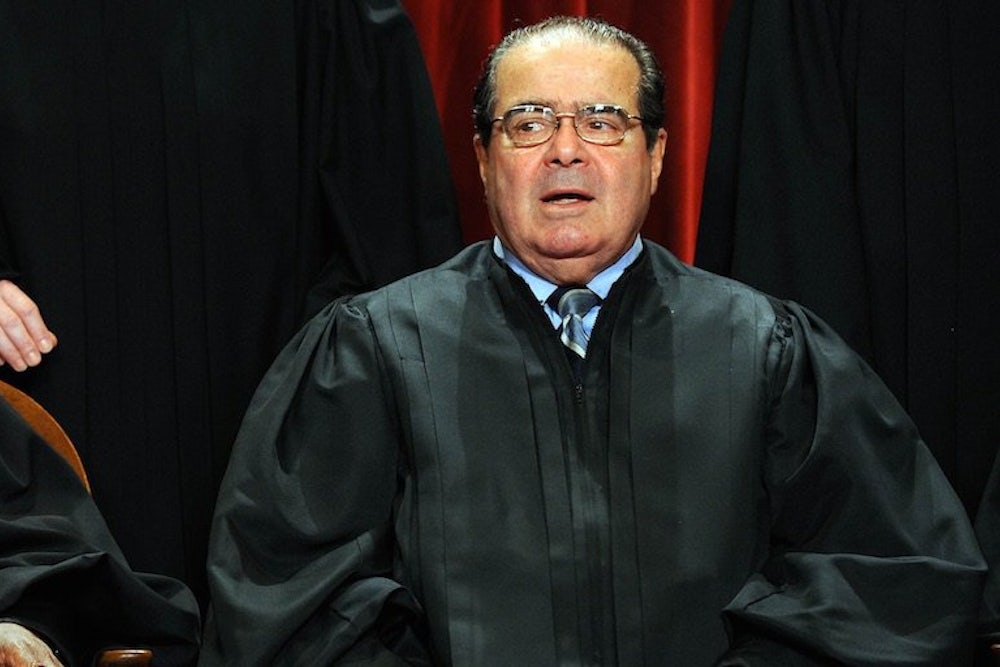On Thursday, the Supreme Court saved a key interpretation of the Fair Housing Act—a historic 1968 law that prevents discrimination in the housing market—by ruling in a 5-4 decision that a complaint does not have to prove a policy was overtly or intentionally discriminatory to be valid. It upheld the “disparate impact” standard, which allows complainants to show a policy led to unequal results, no matter the original intention.
Conservative Justice Clarence Thomas dissented from the decision, penned by Justice Anthony Kennedy. He argued that “disparate-impact doctrine defies not only the statutory text, but reality itself.” To make his case, Thomas pointed out that minorities sometimes do quite well. His examples: The Jews in Poland and, in America, the success of black professional basketball players.
Racial imbalances do not always disfavor minorities. At various times in history, “racial or ethnic minorities . . . have owned or directed more than half of whole industries in particular nations.” These minorities “have included the Chinese in Malaysia, the Lebanese in West Africa, Greeks in the Ottoman Empire, Britons in Argentina, Belgians in Russia, Jews in Poland, and Spaniards in Chile—among many others.” “In the seventeenth century Ottoman Empire,” this phenomenon was seen in the palace itself, where the “medical staff consisted of 41 Jews and 21 Muslims.” And in our own country, for roughly a quarter-century now, over 70 percent of National Basketball Association players have been black. To presume that these and all other measurable disparities are products of racial discrimination is to ignore the complexities of human existence.” [Legal citations omitted].
Thomas continues:
And if that “racial balancing” is achieved through disparate-impact claims limited to only some groups—if, for instance, white basketball players cannot bring disparate-impact suits— then we as a Court have constructed a scheme that parcels out legal privileges to individuals on the basis of skin color."
Sports was a popular example for the dissenting justices. Justice Sam Alito, who wrote a separate dissent, cited the NFL to make a slightly different point:
Of the 32 college players selected by National Football League (NFL) teams in the first round of the 2015 draft, it appears that the overwhelming majority were members of racial minorities […] Teams presumably chose the players they think are most likely to help them win games. Would anyone say the NFL teams made draft slots unavailable to white players “because of ” their race?
This is the same court that crippled civil rights legislation two years ago by striking down a key provision of the Voting Rights Act.
